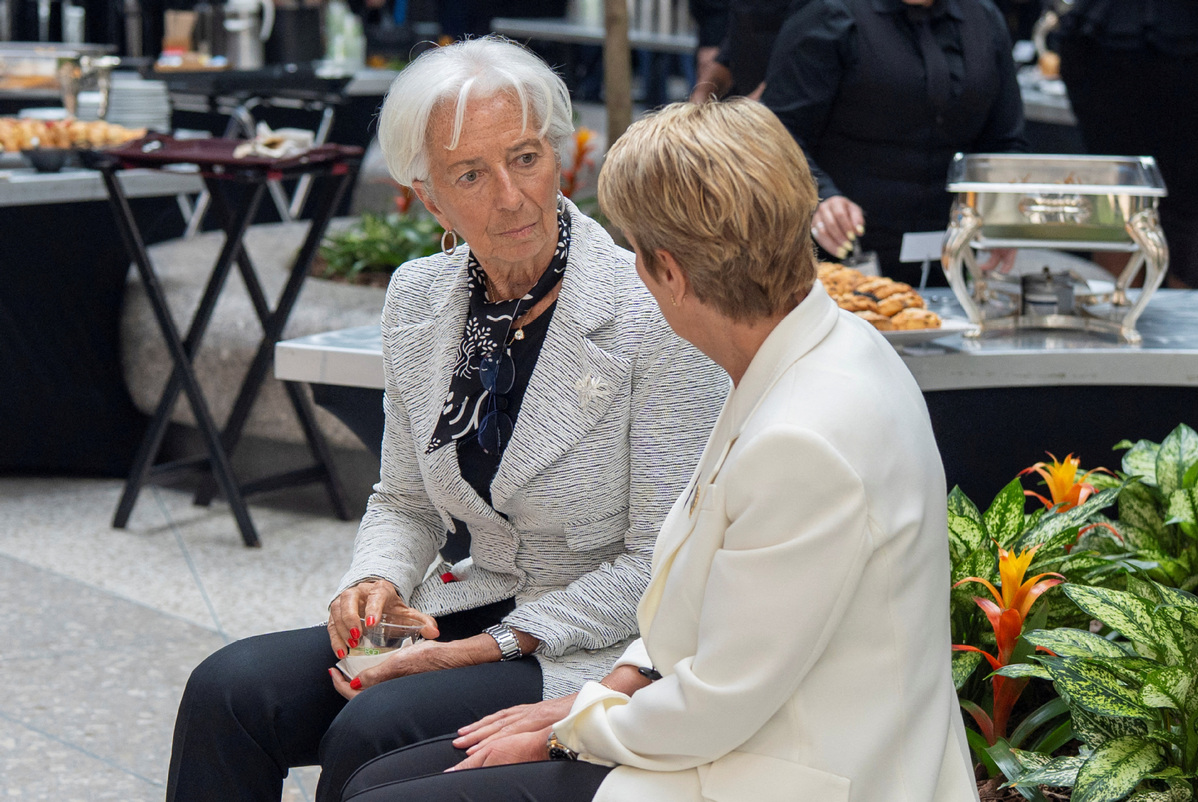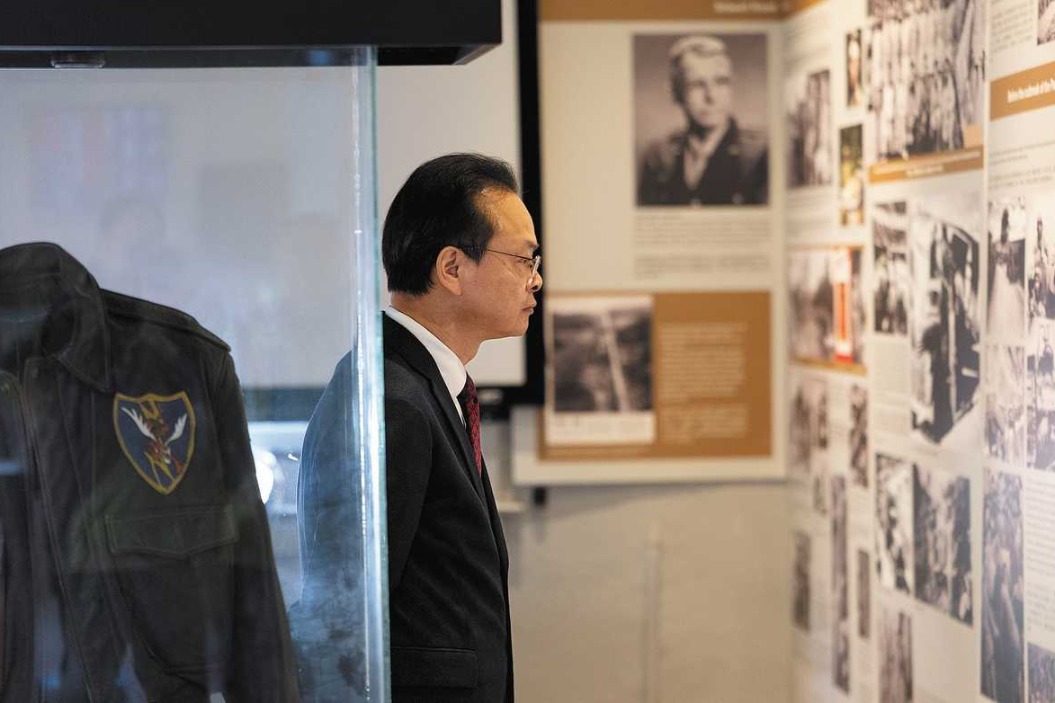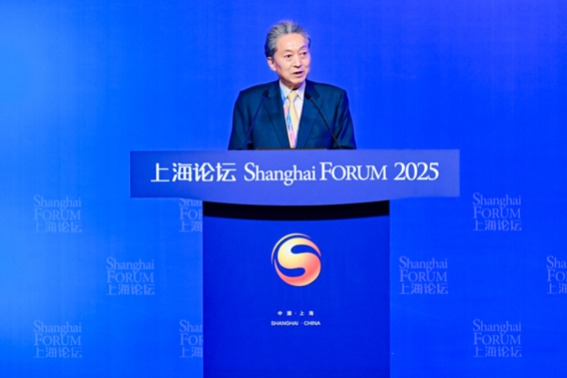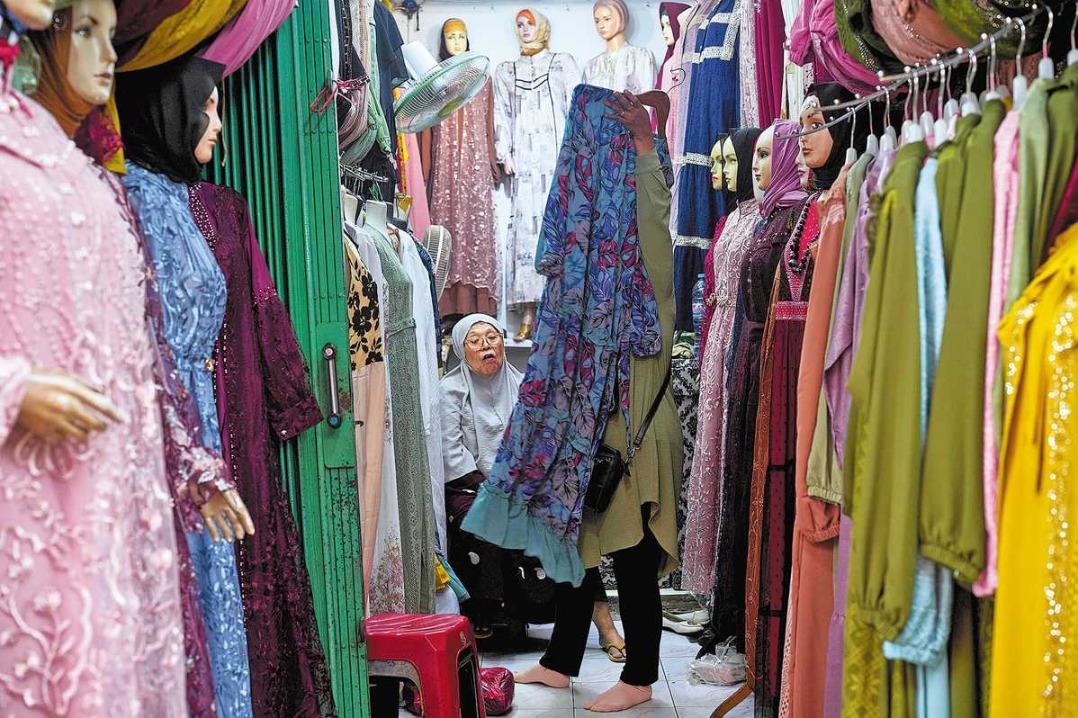G20 faces toughest test amid US stance
Doubts over Washington's commitment could impact global cooperation: Experts


Leading policymakers and experts warned in Washington that rising uncertainty about US commitment to multilateralism and tensions between major countries could pose challenges to global economic and climate cooperation, even as pressing development needs, especially in Africa, demand urgent attention through forums like the G20.
The G20 remains the "premier forum for international cooperation" but faces perhaps its "greatest test" in forcing collective action in an increasingly divided world, said Brahima Sangafowa Coulibaly, vice-president of Global Economy and Development at Brookings Institution, opening the panel on Tuesday titled "Strengthening global economic cooperation for a changing world: The unique role of the G20".
Caroline Atkinson, a former US deputy national security adviser for international economics, expressed her worry about the US' disengagement and its potential impact on G20.
"The US is essentially walking away from international cooperation, really, in my view, weakens the G20," said Atkinson. She suggested future cooperation "may be, sadly, from my point of view, going around the US in some way now rather than relying on the US to be a supportive partner".
An event on the same day hosted by the Center for Strategic and International Studies echoed this uncertainty in the climate sphere. During the event, titled "The Post-Post-Paris World: Evaluating Options for Global Climate", the panelists highlighted concerns that the US' potential second withdrawal from the Paris Agreement, under Donald Trump's second term as the US president, could destabilize global climate efforts, though perhaps with less shock than the first exit, said Joseph Majkut, director of CSIS' Energy Security and Climate Change Program.
The excerpts pointed out that adding to the complexity is the strained relationship between the world's two largest economies.
Duncan Pieterse, the director-general of South Africa's National Treasury and co-chair of the G20 Finance and Central Bank Deputies, said that despite these headwinds, the G20, under South Africa's current presidency, is pushing forward, particularly focusing on development issues critical to the Global South. He described the G20 process as a "relay event", emphasizing continuity.
"Our presidency comes after a few emerging markets have had the G20 presidency," Pieterse said at the Brookings event, which took place on the sidelines of the World Bank and International Monetary Fund 2025 spring meetings last week.
Key areas
"There's a lot of that agenda that resonates with our priorities," he said, mentioning that the key areas include reforming multilateral development banks to be "bigger, better, more effective" to enhance debt sustainability through mechanisms like the common framework, mobilize capital for infrastructure, and strengthen domestic resource mobilization.
Pieterse highlighted that South Africa has introduced a new workstream specifically targeting "growth and development challenges on the African continent", focusing on macroeconomic vulnerabilities, infrastructure, the cost of capital, and institutional weaknesses. "Interestingly, it has received very wide support across the G20… this is one area where I think a lot of countries have rallied around," he said.
Success, Pieterse added, involves institutionalizing this Africa focus beyond South Africa's term.
China's role within this complex dynamic was referenced multiple times. Atkinson mentioned the Euro crisis, where "China and some other countries were interested in talking to the US about what could the US do to help", demonstrating past constructive engagement within the G20 on global stability.
Looking forward, Paola Subacchi, a professor at Sciences Po, Paris, said that the nations need a broader discussion on international development models, mentioning "rethinking, for example, the role of China, how China is moving to the development space and why that's important and how we can engage with that".
Subacchi described the G20's role as coordinating the delivery of global public goods, including financial stability, climate action, and health, a task complicated by managing an economy that is simultaneously "integrated but also fragmented".
The experts at the Brookings event also discussed the challenges faced by developing nations regarding climate change, focusing on how the G20 could support a "just energy transition" in Africa that respects development rights while building climate resilience. They acknowledged the view that "energy transition is at odds with development aims".
yifanxu@chinadailyusa.com

































